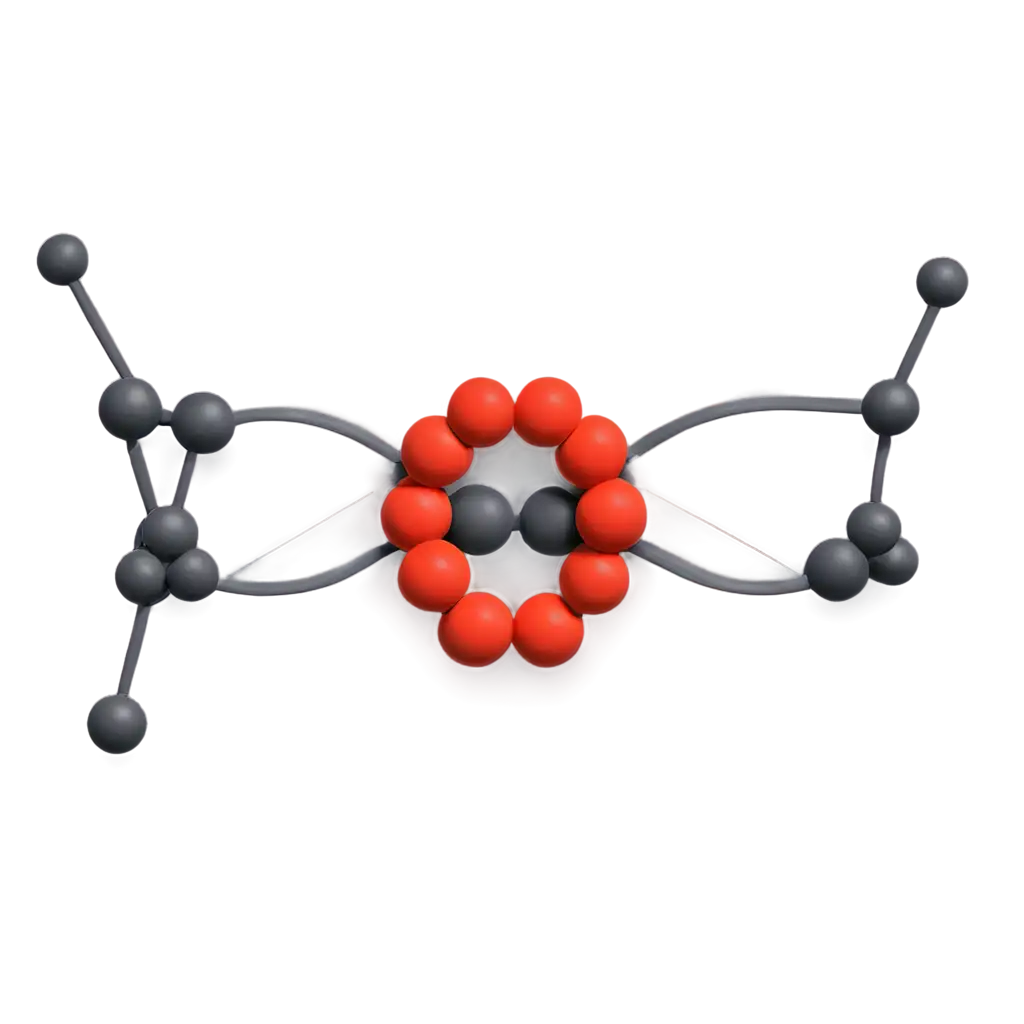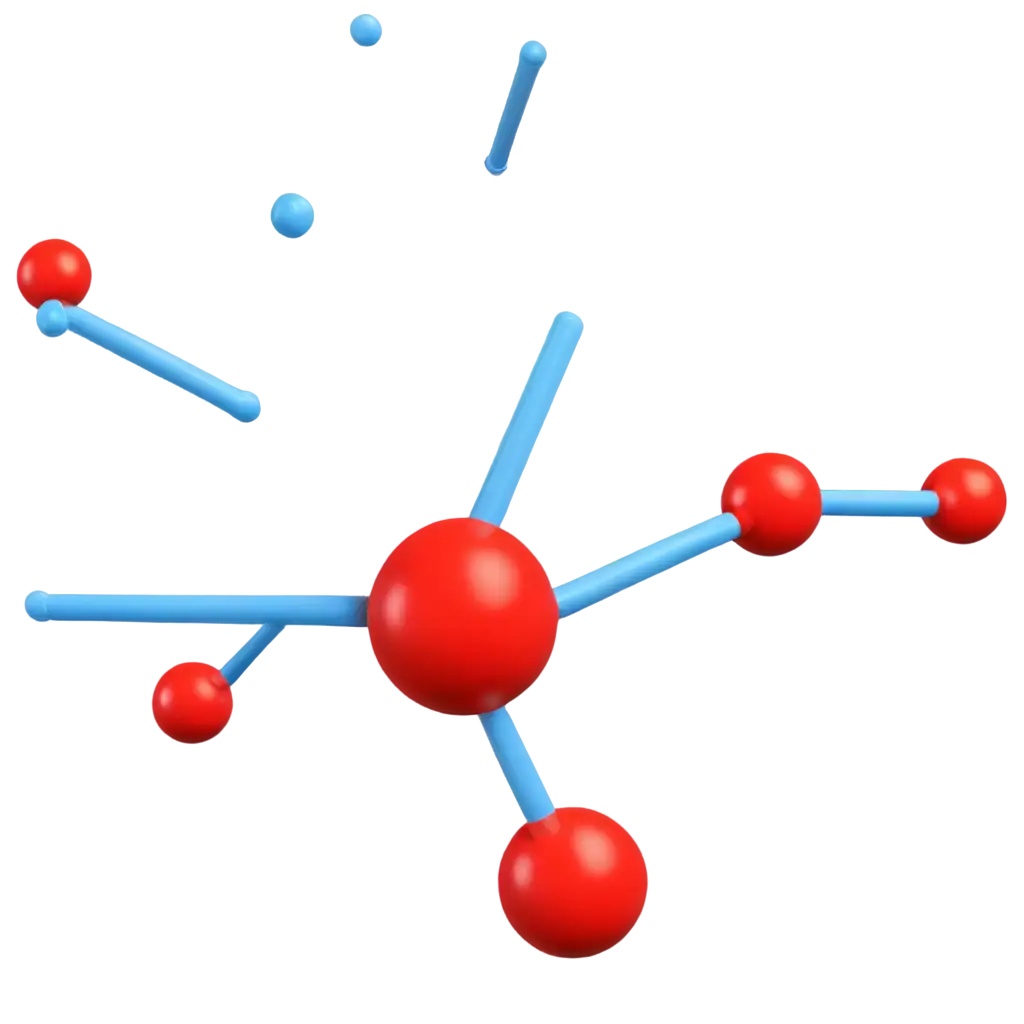4 Free Chemistry Education transparent PNG images
Welcome to our Chemistry Education image collection, featuring over 4 free AI-generated images. Explore a diverse array of stock photos, 3D objects, vectors, and illustrations related to the field of chemistry education. Enjoy high-resolution downloads and use our 'open in editor' feature to customize prompts for your perfect image.




Related Tags
Chemistry education is the field of study focused on teaching and learning chemical concepts, theories, and applications. It encompasses a wide range of educational settings, from primary schools to universities, and aims to equip students with a fundamental understanding of the principles and processes that govern the behavior of matter. The overarching goal of chemistry education is to foster scientific literacy, critical thinking, and problem-solving skills in learners, preparing them for careers in science, technology, engineering, and mathematics (STEM) fields or for making informed decisions as citizens.
Definition and Background of Chemistry Education
The primary characteristics of chemistry education include hands-on experimentation, visual representation of concepts, and the integration of real-world applications. Chemistry educators strive to create engaging, interactive learning environments that allow students to actively participate in the scientific process. This can involve demonstrations, laboratory experiments, and the use of models and simulations to illustrate abstract ideas. Additionally, chemistry education often focuses on connecting classroom learning to practical applications, such as environmental protection, medical advancements, and industrial processes, to help students understand the relevance and impact of the subject matter.
Key Characteristics and Applications of Chemistry Education
Over the years, chemistry education has been influenced by influential educators, researchers, and innovators who have developed new teaching methodologies and resources. For instance, the work of Carl Wieman, a Nobel Laureate in Physics, has highlighted the importance of active learning and evidence-based instructional strategies in science education. Similarly, the development of computer-based simulations and virtual laboratories has revolutionized the way students can interact with and visualize chemical phenomena. Furthermore, the integration of emerging technologies, such as augmented reality and artificial intelligence, has the potential to further enhance the accessibility and personalization of chemistry education.
Notable Contributions and Innovations in Chemistry Education
Chemistry education plays a crucial role in shaping the understanding and application of chemical knowledge in modern society. By fostering scientific literacy and critical thinking skills, chemistry education empowers individuals to make informed decisions on issues related to public health, environmental sustainability, and technological advancements. Additionally, the strong foundation in chemistry education supports the training and development of future scientists, researchers, and industry professionals who will drive innovations in fields such as medicine, energy, and materials science. As society faces complex challenges, the importance of chemistry education in cultivating a scientifically literate and solution-oriented populace becomes increasingly evident.
The Impact of Chemistry Education on Modern Society